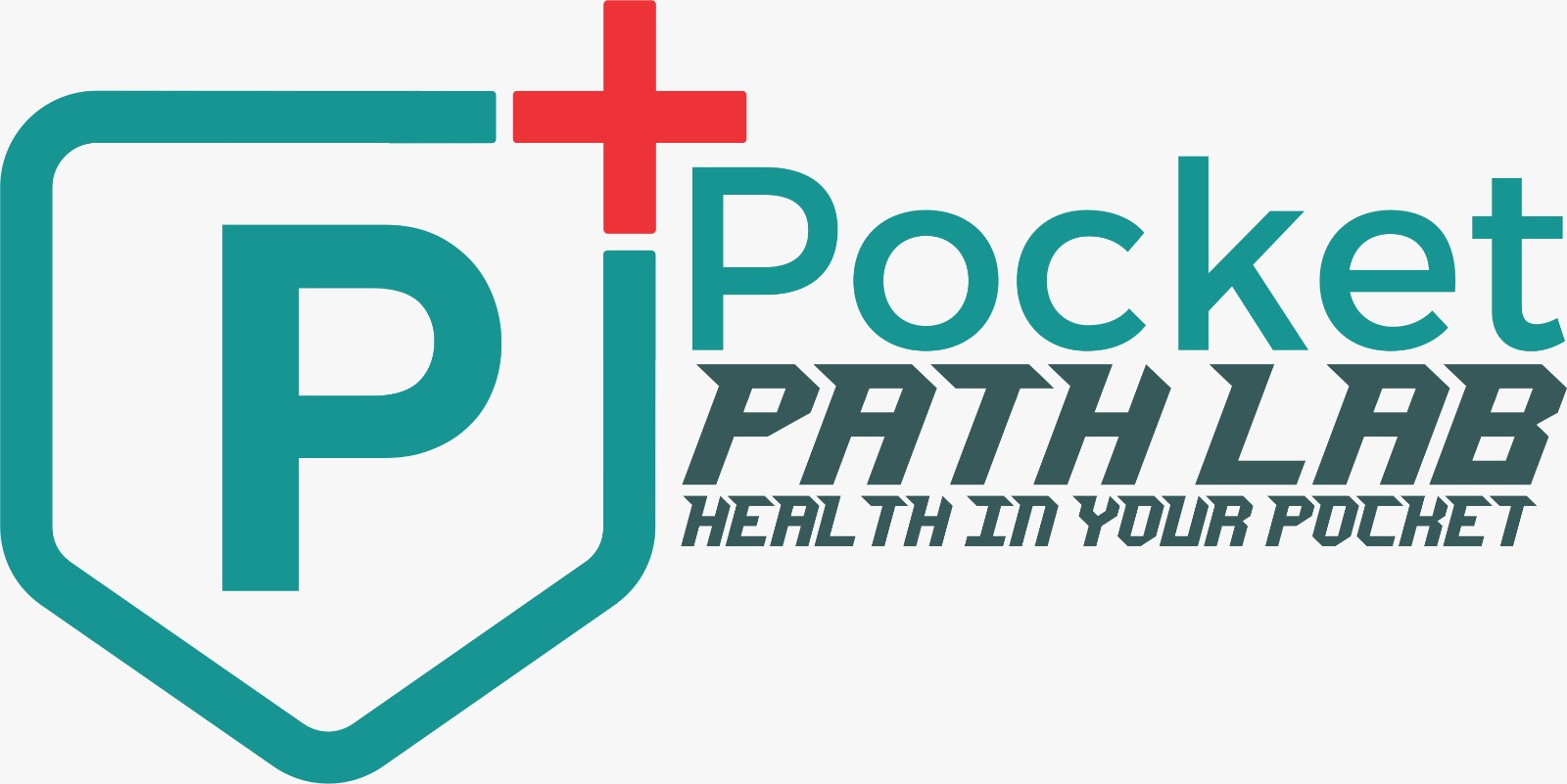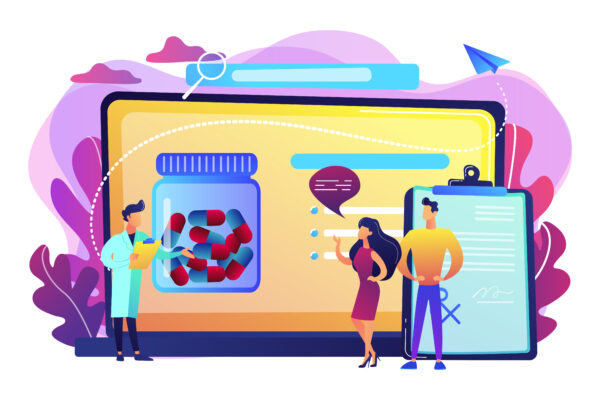The Benefits Of Personalized Medication Compounding
The process of creating individualized medications to meet the specific requirements of each patient is referred to as “personalized medication compounding.” It entails combining pharmaceutical ingredients in particular dosages and formulations to produce medications that are tailored to a patient’s particular requirements. The following are some major advantages of customized medication compounding:
Individualized Medical Care: With personalized medication compounding, medical professionals can create medications that are tailored to each patient’s specific requirements. This is especially helpful for people who have particular allergies, sensitivities, or intolerances to particular ingredients that are frequently found in medications that are sold in stores. Personalized compounding improves treatment outcomes and reduces the risk of adverse reactions by customizing the medication for each patient.
Customization of dosage: Medication that is sold in stores usually comes in predetermined doses, which may not meet a patient’s exact needs. Compounding makes it possible to make medications in dosage strengths that aren’t available in stores. This makes it possible for medical professionals to precisely tailor the dosage to the requirements of the patient, enhancing the treatment’s efficacy.
Administration Options in Various Forms and Formats: Patients who have difficulty swallowing pills or who require medications in forms that are not readily available can take their medications in alternative ways thanks to personalized compounding. Intensified meds can be ready as transdermal creams, gels, suppositories, sublingual tablets, lozenges, or other reasonable structures to oblige individual inclinations and requirements.
Medications in Combination: Multiple medications are necessary for some patients to manage their conditions, which can be inconvenient and raise medication errors risk. The ability to combine multiple medications into a single dosage form is made possible by personalized compounding. This makes the medication regimen easier to follow and more convenient. Patients who struggle to manage multiple medications or who require particular drug combinations that are not available in a single commercial product will benefit most from this.
Patients, Children and seniors: Due to factors like limited dosage options, taste preferences, and difficulty swallowing, children and older adults frequently have unique medication needs. For children, flavored suspensions or chewable tablets can be made of compounded medications, and for older people, smaller, dose-specific forms can be made of compounded medications. In these patient groups, medication acceptance and compliance are enhanced by personalized compounding.
Avoiding Allergies: Colorants, preservatives, and fillers are just a few of the ingredients that can cause allergic reactions or sensitivities in some patients. Patients’ safety is enhanced and the risk of allergic reactions is reduced thanks to personalized compounding, which enables medical professionals to produce medications devoid of allergenic ingredients.
Elimination of Medication: Patients who rely on medications are left without suitable alternatives when pharmaceutical manufacturers occasionally discontinue them for commercial reasons. By creating compounded versions of discontinued medications, compounding pharmacies can help close this gap and ensure that patients can continue receiving the necessary treatment.
Veterinarian Science: Through the provision of individualized medications for animals, personalized compounding also benefits veterinary medicine. Veterinary compounding makes it simpler for pet owners to administer medications to their animals by allowing for dosage adjustments, flavors, and alternative forms that are palatable and appropriate for various animal species.
Inventive Treatments: The investigation of novel therapeutic options that are not available as commercial products is made possible by personalized compounding. New drug combinations, individualized hormone replacement therapies, specialized pain formulations, and other individualized treatments are all examples of this. Compounding pharmacies collaborate with healthcare professionals to investigate these novel approaches and offer patients individualized solutions.
Satisfaction and compliance from patients: By providing medications that are tailored to each patient’s specific requirements, personalized medication compounding increases patient satisfaction and compliance. Patients value the product’s convenience, ease of administration, and ability to avoid ingredients that they find intolerable or allergic to. Personalized compounding improves treatment outcomes and overall quality of life for patients by increasing patient satisfaction and compliance.








